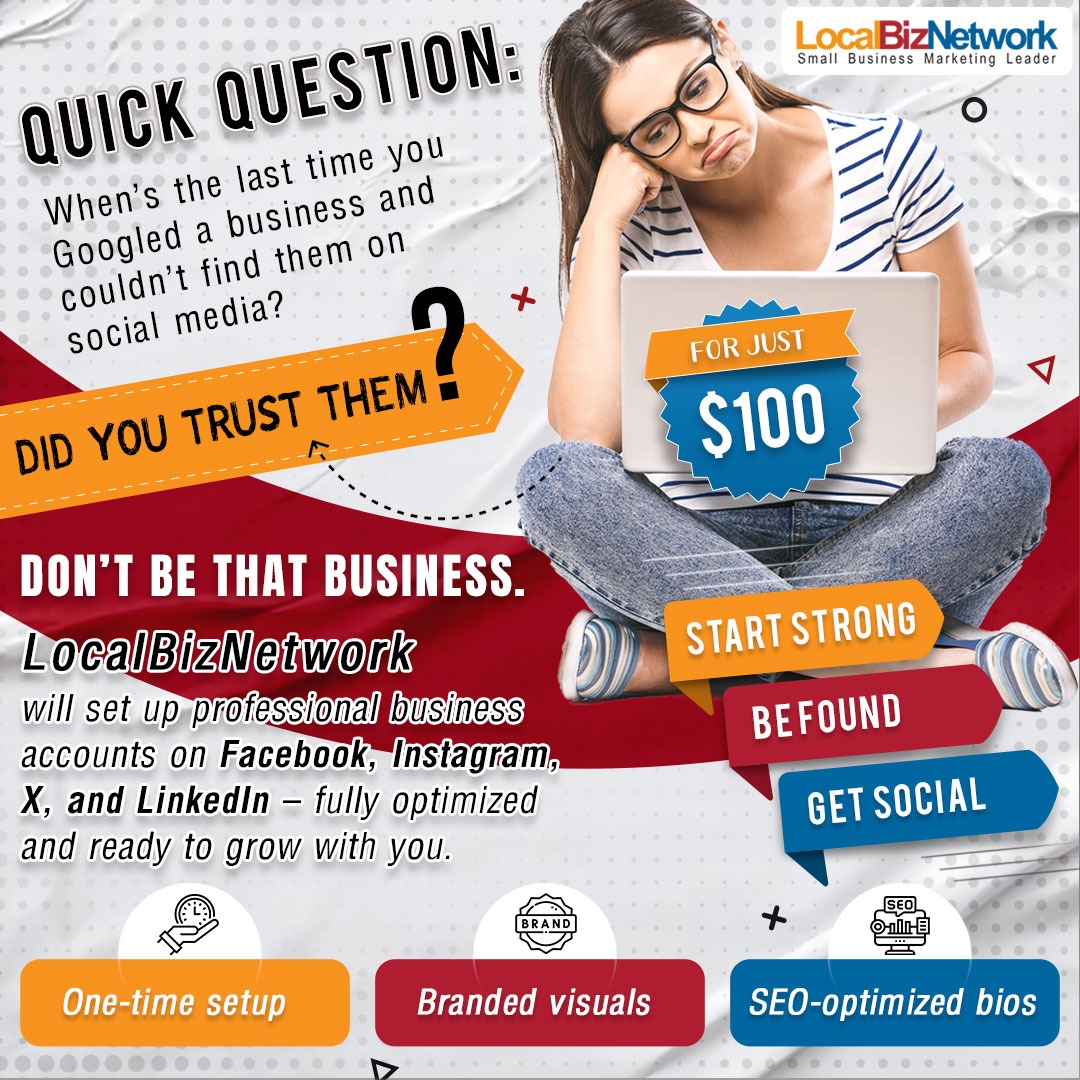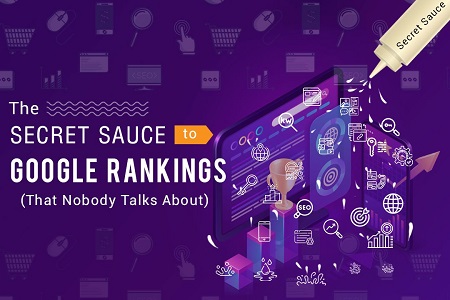How are Data and Empathy key to great Marketing?
 Data is the new oil! Don't we hear this all the time? In an increasingly technology-driven world, data is the engine that fuels sustenance, innovation, and growth for businesses across industry verticals and business departments. One such department is marketing. The availability of insightful data can help companies create better products and services and drive the company ahead of its competition. Many tools such as CRM and Salesforce automation have emerged over the last four decades to translate this thinking into action.
Data is the new oil! Don't we hear this all the time? In an increasingly technology-driven world, data is the engine that fuels sustenance, innovation, and growth for businesses across industry verticals and business departments. One such department is marketing. The availability of insightful data can help companies create better products and services and drive the company ahead of its competition. Many tools such as CRM and Salesforce automation have emerged over the last four decades to translate this thinking into action.
The Role of Data in Marketing
Some of the benefits of data-driven marketing or why data is so essential for marketers and marketing departments:
- It helps you create more personalized and highly targeted marketing campaigns
- It helps you deliver more consistent messages
- It helps you understand what's working and what's not in the product or the marketing
- Enables market segmentation or segmenting your audience better
- It helps you gather knowledge about your customers upfront
- It helps create the right buzz around the company's offerings
- Assists in developing better products and services
- It helps deliver a better customer experience at various points of interaction
- Increases opportunities for upselling and cross-selling
The importance of data has created entirely new technology paradigms such as big data and analytics, with a complete ecosystem of solution vendors, execution partners, and value-added applications.
Read Also: Top 10 Reasons Why your Small Business MUST have a Digital Presence
The Role of Empathy in Marketing
While the importance of data is appreciated, it's important to remember that customers or prospects are not data points or data sets. They are human beings like you and me with the same set of needs, wants, concerns, fears, and emotions that make us all similar. They don't want to be 'sold to' all the time or merely treated as robots that give feedback (remember those forms that tell you to rate the service from 1 to 5). They want people to talk to and hear them out and not make umpteen choices in an IVR (Interactive Voice Response) system.
Further, not all customers are alike, even though, as human beings, they are similar. They are of different age groups, demographic backgrounds, classes, or social divides and hence come with a wide range of preferences. While some customers are highly vocal and demanding, some have a problem even initiating a simple conversation. In such a scenario, a "one size fits all" approach will not help. Empathy is not only desirable but also indispensable. It is one of the factors that differentiates a market-leading company from its competition.
This has created an entirely new culture, and paradigms in marketing called empathetic marketing and customer-centricity, the benefits of which are:
- Increased sales, loyalty, and referrals
- Accelerated productivity and innovation
- More significant competitive advantage and market value
- Expanded engagement and collaboration
Read Also: Step by Step Guide to a Good Digital Marketing Strategy
Blending the Two
In the current world and the days ahead, both data and empathy are equally important. Blending the two creatively will differentiate long-term winners from short-term successes. Researchers from MIT Sloan Review, a popular research-based journal, have called this approach' soft scaling.
This has created new paradigms called neuro-analytics, cognitive psychology, and advanced analytics. While the science in them is not new, what's new is that they are being increasingly applied in marketing.
Neuro-analytics is a data-driven solution to understand customer or prospect emotions and then identify that with a larger cross-section or group of customers. Then using techniques such as the means and ends theory, the prospect's or customer's subconscious motivations are analyzed qualitatively and then validated using data from different groups of people or data-sets.
However, this is a highly organized and tech-heavy approach, and not all companies may be ready for the same. Either way, the benefits of marrying data and empathy creatively are far-reaching, as many companies have shown, creating windfalls in some cases.
Some Industry Examples
- Delta Airlines: The company has a reputation for letting employees turn negative situations into positive ones. In 2017, when customers were irate over flight cancellations due to bad weather, Delta staff threw a pizza party for them.
- Zappos: A flatter structure replaced the hierarchical structure of the company. Customer Service agents were empowered to put customers first. In one instance, a customer who received a wrong order was sent a replacement.
- Procter & Gamble: Their 'Thank You Mom' campaign that shows the struggles of motherhood and raising athletes was released just before the 2012 London Olympics. The flood of emotion that followed translated into more sales.
- Airbnb: The company released an 'Open Doors' policy to highlight its zero tolerance for racial discrimination. This brought in more and more customers of color into their fold, unlike in the past.
- Dove soap: Their 'Real Beauty Sketches' ad in 2013 with the tagline – 'You are more beautiful than you think' - elicited positive responses from many women, some of whom switched to the brand.
- Hyatt Hotels: Their ad featuring the song 'What the world needs is love' evoked emotions of togetherness and understanding and highlighted the perception that they offer customers meaningful travel experiences.
- National Autistic Society: Their Autism TMI Virtual Reality campaign helped people put themselves in the shoes of an autistic child or the parent of one, which invited more attention to their work.
Such examples are not unique to the US alone. Many Indian companies such as Tata Motors, HDFC, Hero MotoCorp, and Airtel have embraced the concept of empathy and powered it with data to achieve outstanding customer relations and better business outcomes as the much-desired better brand perception.
Conclusion
In the initial days of big data and analytics, businesses used the wealth of data to increase market reach, market share and introduce new products. But as many marketers have realized over the years, empathy is more important than data. It's easy to get too focused on brand perception, brand value, brand identity, and the numbers and forget that it's not about the brand but the customer. The tunnel vision that comes from a laser-sharp focus on 'brand', while leaving customers on the fringe of the marketing story has cost many a company dearly.
As businesses have understood in recent years, humanizing the brand and humanizing oneself is the secret to long-term success. And data is the most powerful tool or component in this effort. Data is what can provide the templates and data required for empathy.
The marriage of empathy and data has shown that listening or paying attention to the customer, being proactive in analyzing their needs, and empathizing or placing oneself in the customer's shoes are good-old values that will never go out of vogue. On the contrary, these are precisely what businesses struggling with market dynamics need to get back into the game.
- May 11, 2021






